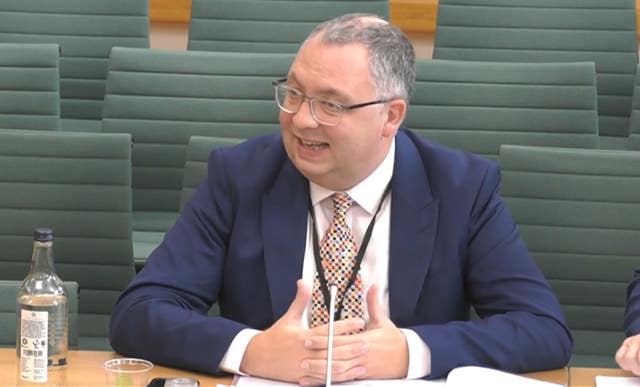BBC revise proposed plans to reduce local radio programming following ‘feedback’
It comes three months after the corporation proposed plans for local radio stations to share more content and broadcast less programming.

The BBC has amended some of its proposed plans for local radio programme sharing across the UK announcing extra shows and revised pairings of stations.
In October, the BBC proposed local radio stations share more content and broadcast less programming unique to their areas as part of it’s new strategy to create a “modern, digital-led” broadcaster.
The proposition was to see local programming restricted to weekdays before 2pm with the BBC planning to produce 18 afternoon programmes across England that will be shared between its 39 local radio stations.
On Wednesday, the corporation announced it is increasing the proposed number of afternoon and weekend programmes and revising proposed pairings of stations following “feedback from staff and audiences”.
The number of afternoon weekday programmes between 2pm and 6pm will increase from 18 to 20, it said.
The announced amendments will also see the number of weekend daytime shows between 10am and 2pm on Saturday and Sunday mornings go up from the proposed 12 programmes to 18, the BBC said.
The proposals caused widespread outrage among critics in local government, broadcasting and organisations in the music industry when they were originally announced.
In November, 90 local leaders from England wrote a letter to BBC director-general Tim Davie to say they were “concerned” about the “potential impacts” on communities that value local radio as a “vital public service”.
Three Labour MPs from Hull – Dame Diana Johnson, Karl Turner and Emma Hardy – also urged Mr Davie in a letter to “rethink” the cuts, describing local radio as a “major reason” the broadcaster is “the envy of the world”.
Conservative MP Julian Knight, chairman of the Department for Digital, Culture, Media and Sport (DCMS) Committee, later commented that the plans for cuts “have provoked genuine disquiet in communities up and down the country”.
Despite the changes to the proposals, a BBC spokesperson confirmed 48 jobs would still be lost across local staffing in England, amounting to a total reduction of 2% and equalling the figure in the original plans.
On Wednesday, the corporation also confirmed that BBC Introducing and BBC Upload programmes will be broadcast as part of the schedule on Thursday and Saturday evenings and also promised “more prominence to new music artists on BBC Sounds and across our local radio schedule”.
It comes a day after a collection of music organisations wrote to the BBC’s chairman, Richard Sharp, sharing their “grave concerns” over the future of the broadcaster’s platform to support up and coming musical talent amid proposed cuts to local BBC radio stations.
The representatives – including Mark Davyd, CEO of the Music Venue Trust, Jon Collins, CEO of LIVE and the CEO of the Association of Independent Music, Silvia Montello – wrote that BBC Introducing plays a “vital role” in the discovery and promotion of new and emerging artists.
The BBC Introducing platform has previously helped launch the careers of the likes of George Ezra, Ed Sheeran and Florence + the Machine.
On Wednesday, the BBC also announced programming on BBC Local Radio for Black and Asian audiences will be moved from the single Sunday evening slot to new programmes on Monday and Friday evenings.
The number of stations featuring community programming will increase from 20 to 33, the corporation said.
Jason Horton, director of production at BBC Local, said: “Our goal over the next 12 months is to modernise our BBC Local services in England to strengthen our online provision for communities across the country.
“We have listened carefully to the feedback we have received about proposed changes to BBC Local Radio programming. As a result, we are making a number of amendments to the original plan in order to strike the best possible balance between live and on-demand services.”

Regional TV news programmes in Oxford and Cambridge were also among the services being scrapped – merging with the BBC’s Southampton and Norwich operations.
Tim Davie, who took over from Lord Tony Hall as director-general in September 2020, has overseen a slimming down of the corporation since starting in the role.
The BBC confirmed full line-ups and schedule information will be announced later this year.





